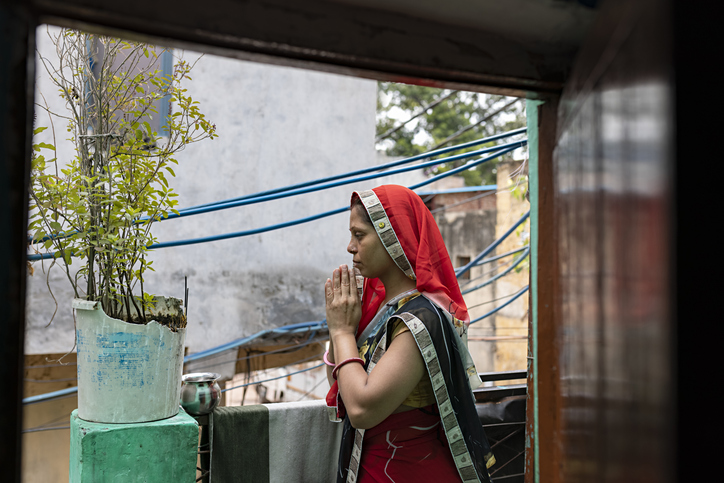In recent weeks, Bangladesh has witnessed a surge in violence against its Hindu minority, with over 200 reported incidents of attacks on temples, homes, and businesses. This wave of violence has drawn widespread condemnation, including from Prime Minister Narendra Modi, who called for the protection of Hindus and other minority communities in Bangladesh. PM Modi’s call for action followed a conversation with Bangladesh’s Interim Government head, Muhammad Yunus, who visited the Dhakeshwari Temple to reassure the Hindu community.
The situation in Bangladesh is alarming, with reports of rapes and murders adding to the sense of insecurity among Hindus. The home of Rahul Ananda, the frontman of the popular folk band Joler Gaan, was looted and burned down, forcing him and his family into hiding. Salah Uddin Shoaib Choudhury, editor of the Blitz newspaper in Dhaka, expressed fears that Bangladesh might follow the path of Afghanistan in its treatment of religious minorities. He emphasized that Hindus have never been safe in Bangladesh, and the current situation is even more dire.
The situation in Bangladesh is alarming, with reports of rapes and murder adding to the sense of insecurity among Hindus. The home of Rahul Ananda, the frontman of the popular folk band Joler Gaan, was looted
Suhag Shukla, Executive Director of the Hindu American Foundation, echoes these concerns, stating that Hindus have long been the target of political unrest in Bangladesh and elsewhere. She describes the ongoing violence as a manifestation of Hinduphobia, a form of hatred and bigotry against Hindus that has been growing globally.
Hinduphobia, defined as antagonistic and derogatory attitudes and behaviors towards Hinduism and Hindus, is not a new phenomenon. In recent years, it has surfaced in various parts of the world, including Europe and the United States. High-profile incidents, such as the racist abuse of Indian actress Shilpa Shetty on the British reality show *Celebrity Big Brother* in 2007, have highlighted the persistence of anti-Hindu sentiment in the West. More recently, a 2022 report from Rutgers University identified the use of the slur “Pajeet” as a common expression of anti-Hindu hatred on social media.
The rise of Hinduphobia is not limited to isolated incidents. In 2022, the city of Leicester, England, saw attacks on Hindu temples and worshippers during the festival of Ganesh Chaturthi. Rashmi Samant, the first Indian to be elected president of the Oxford Student Union, detailed in her book “A Hindu in Oxford” how she was singled out for her religious and ethnic background by professors.
Even prominent figures like Rishi Sunak, Britain’s first ethnic-minority prime minister, have not been spared. Sunak publicly condemned a racial slur directed at him, underscoring the persistence of Hinduphobia even at the highest levels of society.
In the United States, the issue of Hinduphobia has gained increasing attention. In April 2024, Michigan lawmaker Shri Thanedar introduced a bill condemning Hinduphobia in the U.S. House of Representatives. This followed the passage of a resolution by the state of Georgia in 2023, making it the first U.S. state to formally condemn Hinduphobia.
Former Indian diplomat T.S. Tirumurti notes that hate crimes against Hindus, Sikhs, and Buddhists are on the rise globally. He cites the destruction of the Bamiyan Buddhas in Afghanistan and attacks on Sikhs as evidence of growing religiophobia against non-Abrahamic faiths. Tirumurti has called on the United Nations to address this issue, arguing that the U.N. has traditionally focused on phobias against Abrahamic religions while neglecting the plight of other religious groups.
Suhag Shukla points to several factors contributing to the rise of Hinduphobia, including the increasing organization of anti-Hindu groups and their influence in Western media and institutions. She argues that as India asserts itself on the global stage, particularly under the leadership of the nationalist B.J.P., negative coverage often veers into Hinduphobia.
The growing recognition of Hinduphobia as a serious issue is a step towards addressing the underlying prejudice and violence. Survivors of anti-Hindu hatred are encouraged to speak out and document their experiences, ensuring that future generations are aware of this troubling trend and can work to prevent it from continuing.
By Ramesh Ramachandran (DD India)




















